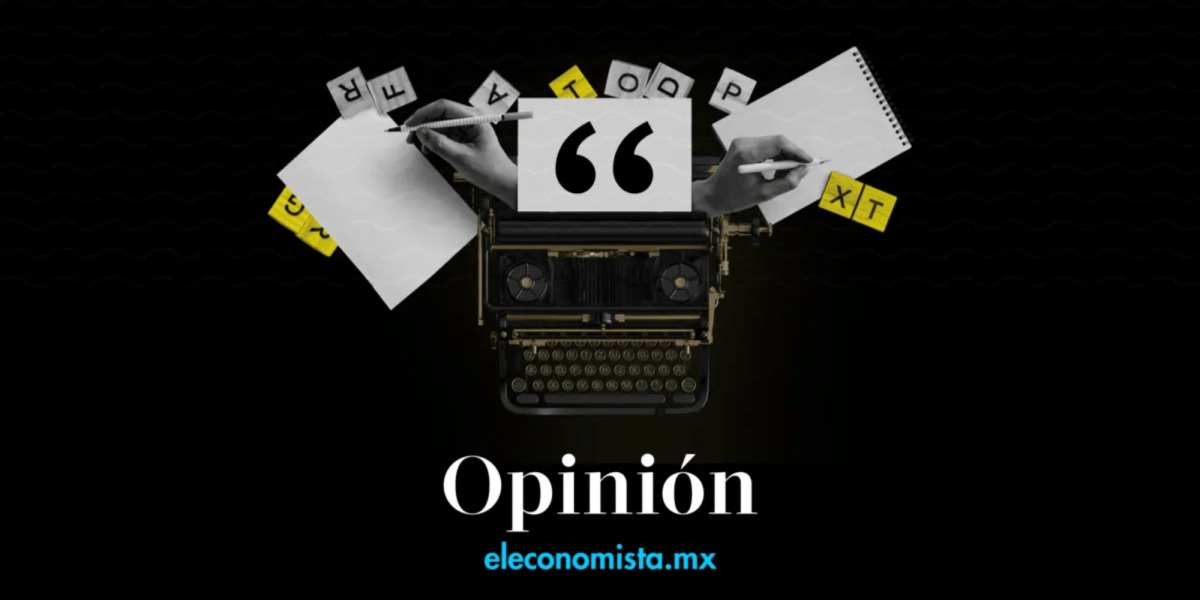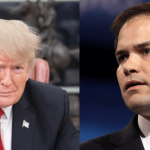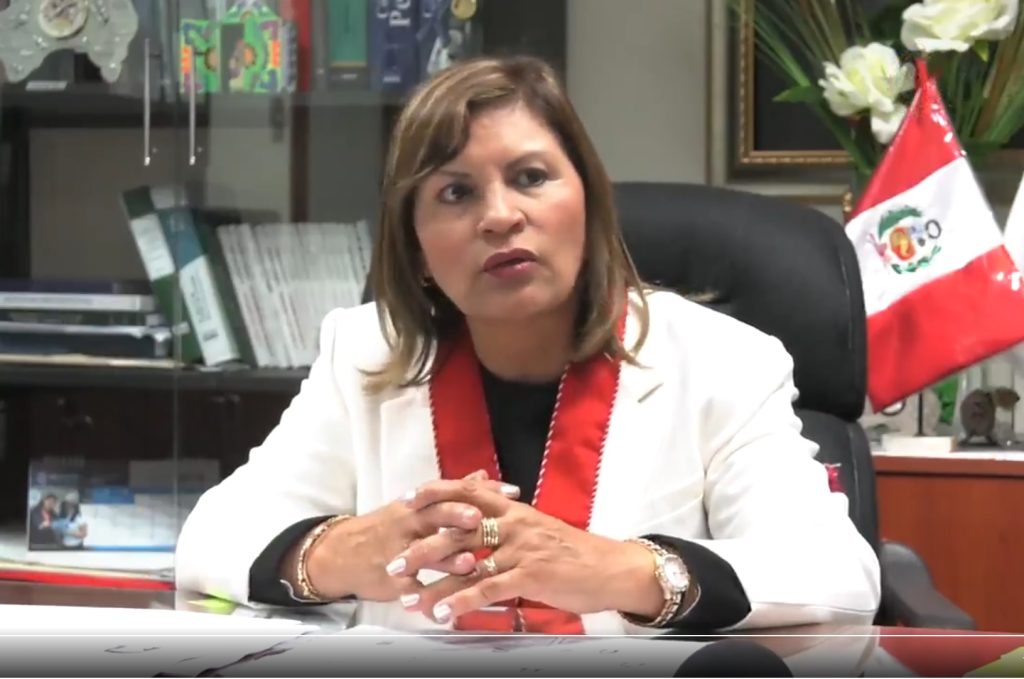The possibility of a velvet transition between six years evaporated a long time ago. Or rather, it gradually eroded before the elections were held. In fact, one of the accelerating factors was the decision to apply fiscal expansionism for electoral reasons. The firecrackers have already been launched in large quantities. And going forward, we will have to pick up the sticks, which are many. Or as Milton Friedman once brilliantly said: there is no such thing as a free lunch. Everything costs and everything has to be paid for. And the great aggravating factor is the tendency towards stagnation in which the Mexican economy finds itself trapped.
The great difficulties that Mexico will face during 2025 to correct its fiscal deficit were referred to in a recent document by the Latin American team of the Institute of International Finance (IIF). The group has more than 450 financial institutions with global operations as partners and a team of prestigious and professional analysts. The starting point of the IIF analysis regarding the current fiscal situation in Mexico is that the public accounts deficit is 6 percent of GDP. “The highest for an election year in a record of four six-year terms.” And in light of this data, the promise, which was made explicit, is presented to reduce the aforementioned deficit by 2025 by approximately two percentage points of GDP.
According to the authoritative voice of the IIF, there are at least three main obstacles to achieving the announced objective of fiscal correction. The first of these obstacles is marked by the rigidity of tax revenues in an environment of economic slowdown. The second obstacle derives from the inflexibilities presented by public spending. Inflexibilities associated with the social programs in progress, the very deficit-ridden state companies and the emblematic public investments that could not be completed during the six-year term. And the third obstacle refers to the pressures on spending and also tax revenues, from the interventionist reforms that have been imposed by power against all odds.
It is no longer possible to speak of an inheritance or succession from the outgoing government to the benefit of the incoming one. At least, not in the sense of a transfer of assets. The trans-sexennial succession rather entails debts and explosive mines planted all along the way. There are many vulnerabilities and the Secretary of the Treasury, Rogelio Ramírez de la O, knows this perfectly well. Hence the worrying rumours about the possibility of his leaving office. Perhaps he perceives or anticipates that the impossible will be demanded of him. And no one is obliged to do the unattainable.

















